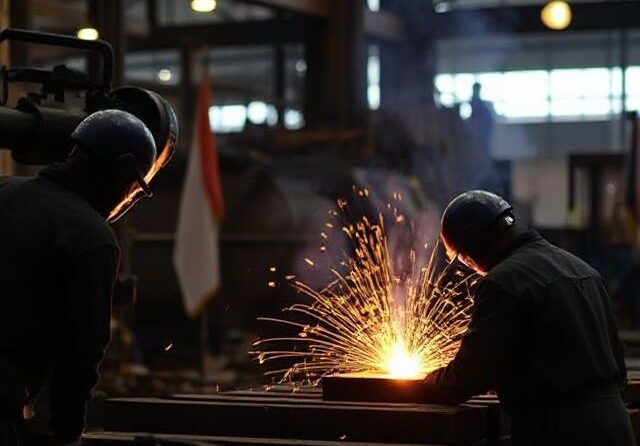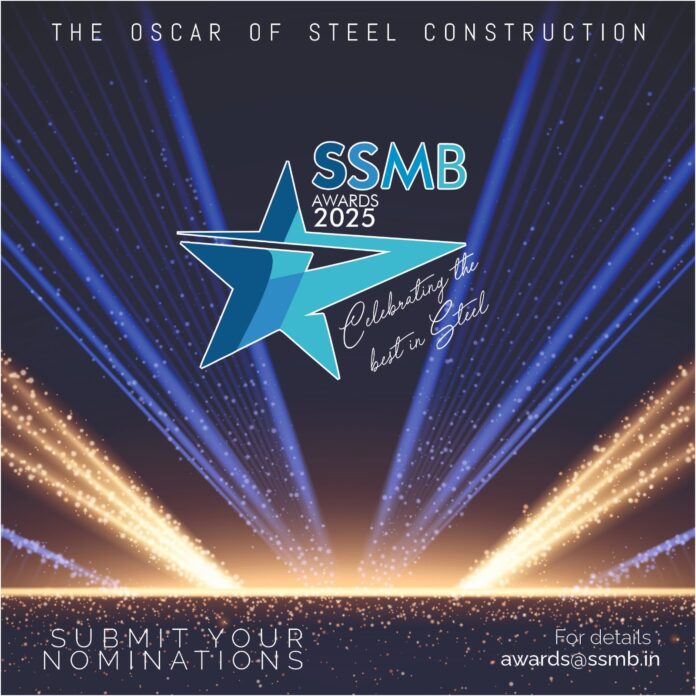Negotiations between India and the European Union (EU) for a long-awaited Free Trade Agreement (FTA) have reached a critical juncture, with steel, automobiles, and the EU’s Carbon Border Adjustment Mechanism (CBAM) emerging as key sticking points. Both sides are working to resolve issues related to tariffs, environmental compliance, and market access, which hold significant implications for the Indian steel industry.
For India, securing favourable terms on steel exports is a top priority, particularly as the EU remains one of its largest markets for value-added and specialty steel products. The introduction of CBAM has raised concerns among Indian producers, who fear that the levy could undermine their competitiveness by imposing additional carbon-related costs on exports. Indian negotiators are seeking exemptions or a phased transition period to protect domestic manufacturers while they work towards decarbonisation.
On the EU side, the focus remains on ensuring that trade aligns with its climate objectives and carbon neutrality targets. Brussels is pushing for greater transparency on emissions and compliance with sustainability norms, a condition that could drive Indian steelmakers to accelerate their green transition efforts.
Industry experts suggest that the outcome of these negotiations could reshape India’s steel export landscape. A balanced agreement may open doors for enhanced collaboration, technology sharing, and increased market access for high-grade steel products. However, unresolved differences over CBAM and tariff reductions could limit the sector’s competitiveness in Europe.
As India positions itself as a global manufacturing hub, the FTA talks carry wider significance — they will determine how Indian steelmakers navigate the evolving trade and climate frameworks that increasingly define global commerce.




